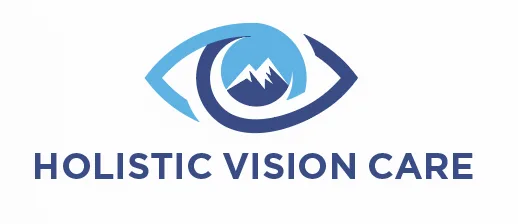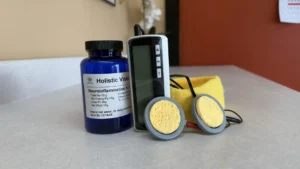Most of us know that antibiotics and chronic stress can degrade our gut microbiome, but add to that list microplastics now, too. The beneficial bacteria that live in our intestinal tracts have several important roles, but perhaps most important is the ability to create hormones like dopamine and serotonin that effect the brain’s own delicate hormonal balance. If the non-beneficial bacteria in our guts begin to multiply too quickly then the beneficial bacteria will mount a defense to correct the balance. However, an unwanted side-effect of this battle is the production of low-level chronic inflammation.
At the same time we are also bombarded by microplastics and chemicals that degrade our microbiome and inflame our bodies as well. A Chinese research study done as recently as 2023 has shown that microplastics degraded the integrity of beneficial bacteria. When the balance of good to bad bacteria tilts out of its ideal ratio (85:15 according to some sources) then the beneficial bacteria mount a response to try to balance the scales. The challenge is that inflammation of the intestines is a side-effect. As the inflammation begins to affect the normal functioning of the intestines some of the systems that are affiliated with the intestines begin to show signs of having slowed or even significantly changed the ability to do their jobs at all. In the study referenced above the male reproductive system of mice was adversely affected and sperm counts were lower in mice exposed to microplastics.
According to research done in Australia in 2018 there is a link between the inflammation in the gut and the brain and eyes are often affected by the overgrowth of yeast and non-beneficial bacteria in the intestines. This can lead to Alzheimer’s Disease, as well as cardiovascular disease, and type 2 diabetes. In fact the retina has a system in place to fight this inflammation for the retina and the brain: “In the retina, astrocytes produce lipoxins that exert anti-inflammatory and neuroprotective effects against acute and chronic injury.” The gut is considered the “second brain” and it is responsible for the production of some of our bodies most very important hormones: dopamine and serotonin. When the gut is inflamed and the normal processes are interrupted there is the potential for the balance of these “feel good” hormones to become offset which tilts the brain’s chemistry slightly out of balance. Being depressed or anxious as a result could contribute to stress, lack of exercise, or substance abuse fueling a self-reinforcing downward spiral. These behaviors all could potentially throw fuel on the fire of an already imbalanced microbiome and begin a permanent change of course for our immune system.
I teach my clients that it is important to have a daily regimen that proactively supports the gut. My favorite way to supplement the beneficial bacteria is to drink one shot of kefir in the morning and to take Lactic Acid Yeast with each meal that contains some carboydrates. Since many clients are sensitive to cow dairy I suggest the use of the goat’s milk version, which can be purchased unsweetened and has a mild yogurt-y flavor. The unsweetened goat’s kefir has bibidobacterium lactis as well as several other types of beneficial bacteria that can help repopulate the good guys. Lactic Acid Yeast uses the sugars in the carbohydrates and turns them into beneficial bacteria helping acidify the gut. By using this method of daily supplementation of probiotics the good bacteria are constantly getting replenished without great expense. And when the beneficial ratio can be kept at a non- or at least a low-inflammatory level this assures that chronic inflammation won’t spiral up the gut/brain axis and induce an inflammatory cascade within the brain as well.
This is a very low cost way to insure that the ratios of beneficial to non-beneficial bacteria are constantly being supported and that as low an inflammatory state as possible is being supported within the intestines. I recommend this to all of my chronic vision loss patients as a very easy way to contribute daily to their own health and recovery. The benefits include better immunity and lack of nasal congestion, especially if avoiding sugar and simple carbs as well.





